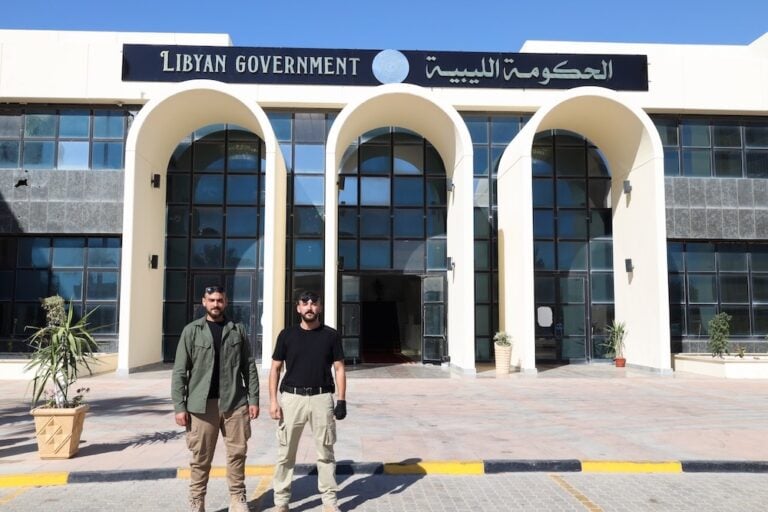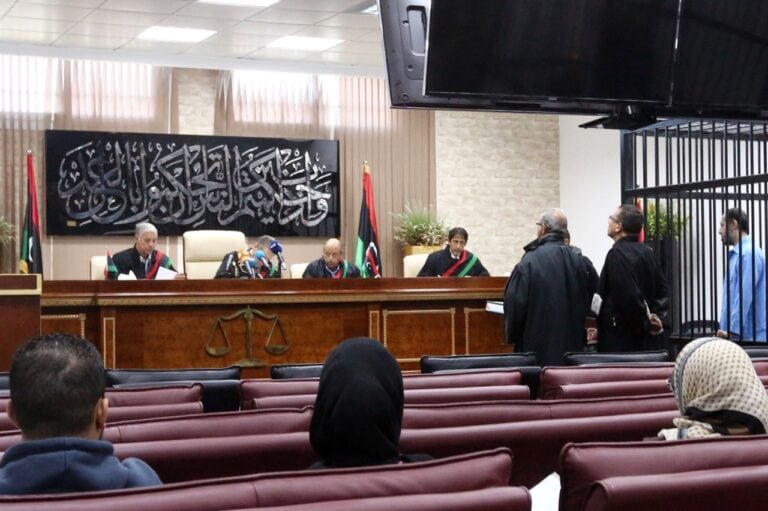Human Rights Watch urges the government to implement UN-recommended reforms regarding rights violations, including those relating to freedom of expression.
(Human Rights Watch/IFEX) – London, November 17, 2010 – Libya’s rejection of United Nations Human Rights Council proposals casts serious doubt on the government’s professed commitment to reform, Amnesty International and Human Rights Watch said today. During its first review by the Human Rights Council on November 9, 2010, Libya accepted general recommendations to protect and promote human rights but dismissed recommendations regarding specific violations and concrete steps to remedy them.
During what is called the Universal Periodic Review, UN Human Rights Council member countries raised concerns regarding ongoing human rights violations in Libya. They pressed Libya to guarantee freedom of expression and association; address impunity for gross violations committed in the past; release people who were arbitrarily detained; adopt a framework to protect refugees, asylum seekers, and migrants; and abolish the death penalty.
“Libya contradicts its rhetorical endorsement of human rights by rejecting every proposal that would address specific human rights concerns,” said Hassiba Hadj Sahraoui, deputy programme director for the Middle East and North Africa at Amnesty International. “Nice words about freedom of expression are meaningless when the government rejects calls to amend penal code provisions that criminalize peaceful dissent.”
Libya’s refusal to consider amending those provisions came in the same week in which its Internal Security Agency (ISA) arbitrarily detained 20 journalists for three days. Security forces frequently harass journalists, and overly broad provisions of the penal code serve as the basis for frequent charges of criminal defamation when they exercise their right to freedom of expression, Human Rights Watch and Amnesty International said.
(. . .)


